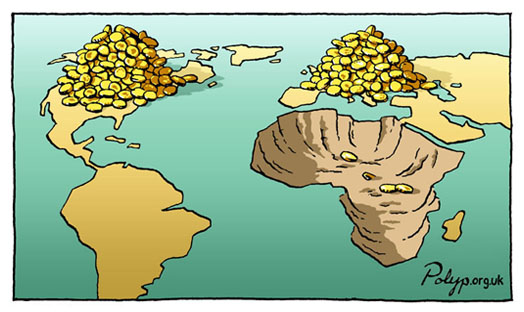- Joined
- Jan 2, 2013
- Messages
- 19,259
- Reaction score
- 6,899
- Gender
- Undisclosed
- Political Leaning
- Conservative
https://fee.org/articles/5-myths-about-income-inequality-debunked/
This isn't so much an outright fallacy as it has to do with incomplete knowledge and misunderstanding of statistics. The argument falls apart when you consider two things: income mobility and the fact that all households saw increases over time.
The data comes from the Panel Study of Income Dynamics at the University of Michigan. This longitudinal study started in 1968 and has been ongoing ever since.
The reason this data is important is that it follows people over time instead of statistical bins. This is maybe, at first, a subtle point, but it is crucial. Many arguments involving inequality follow statistical bins over time instead of people over time who move through the bins. I might not be as concerned about the bin of the bottom 20 percent between 1970 and 2018 if the people who made up the bottom quintile in 1970 have moved into other higher bins by 2018.
This isn't so much an outright fallacy as it has to do with incomplete knowledge and misunderstanding of statistics. The argument falls apart when you consider two things: income mobility and the fact that all households saw increases over time.
The data comes from the Panel Study of Income Dynamics at the University of Michigan. This longitudinal study started in 1968 and has been ongoing ever since.
The reason this data is important is that it follows people over time instead of statistical bins. This is maybe, at first, a subtle point, but it is crucial. Many arguments involving inequality follow statistical bins over time instead of people over time who move through the bins. I might not be as concerned about the bin of the bottom 20 percent between 1970 and 2018 if the people who made up the bottom quintile in 1970 have moved into other higher bins by 2018.


